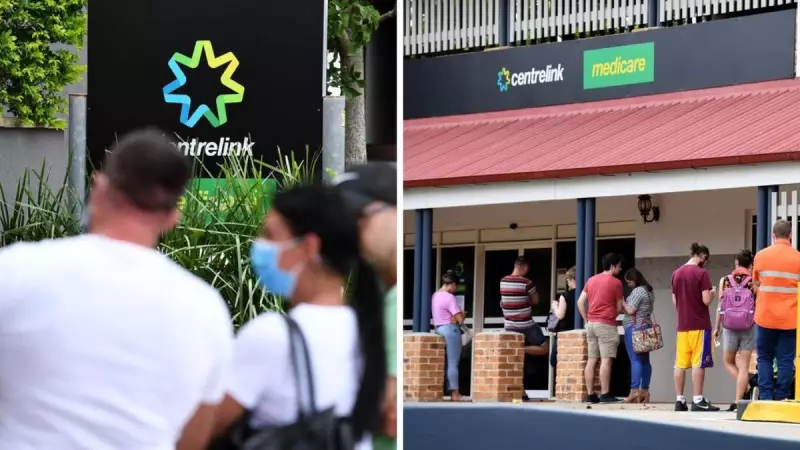
Thousands of Australian students receiving government support payments have been put on notice, with Services Australia issuing a critical deadline to avoid having their financial assistance cut off.
Income Declaration Deadline Looms
Centrelink users who receive Youth Allowance and ABSTUDY have been sent formal letters demanding they declare their parents' or guardians' income if they are classified as dependents. This annual process, which occurs every September to October, is crucial for determining the correct payment rate for each student.
Services Australia has explicitly warned recipients not to ignore these communications. "If you get Youth Allowance or ABSTUDY, and we sent you a letter asking for your parents' or guardians' income, it's time to get it to us," a spokesperson stated. The required action involves a parent or guardian using a unique one-time code provided in the letter to submit their income details online.
Consequences of Missing the Deadline
The potential repercussions for inaction are severe. If a student's payment is suspended due to non-compliance, their parents will have until mid-December to provide the necessary information. Failure to do so will result in payments being cancelled entirely. For those specifically on the ABSTUDY program, which supports Aboriginal and Torres Strait Islander students and trainees, the final deadline is December 31.
It is important to note that only students who received a letter are required to act. "If you didn't get a letter, you don't need to do anything. We've already got the information we need," Services Australia confirmed.
Youth Allowance provides vital support for Australians aged 16 to 24 who are studying or training full-time. The payment can be as much as $663.30 per fortnight for those living away from home.
Broader Context: Calls for Welfare Payment Reform
This compliance drive coincides with broader discussions about Australia's welfare system. A new proposal from E61 Institute research director Gianni La Cava suggests paying Jobseeker benefits weekly instead of fortnightly to ease financial pressure on recipients.
La Cava argues that this change, which would not cost taxpayers more, could improve spending habits and reduce financial stress. "Less frequent payments are associated with a higher incidence of financial stress and payday borrowing among Australian recipients," an E61 report found. This is supported by data from the Department of Social Services, which confirmed it granted over 600,000 crisis payments to Jobseeker recipients, effectively providing an extra week's pay.
This debate over payment frequency occurs as the number of working-age Australians relying on welfare has increased by 126,880 between September 2023 and January 2025 under Prime Minister Anthony Albanese.






